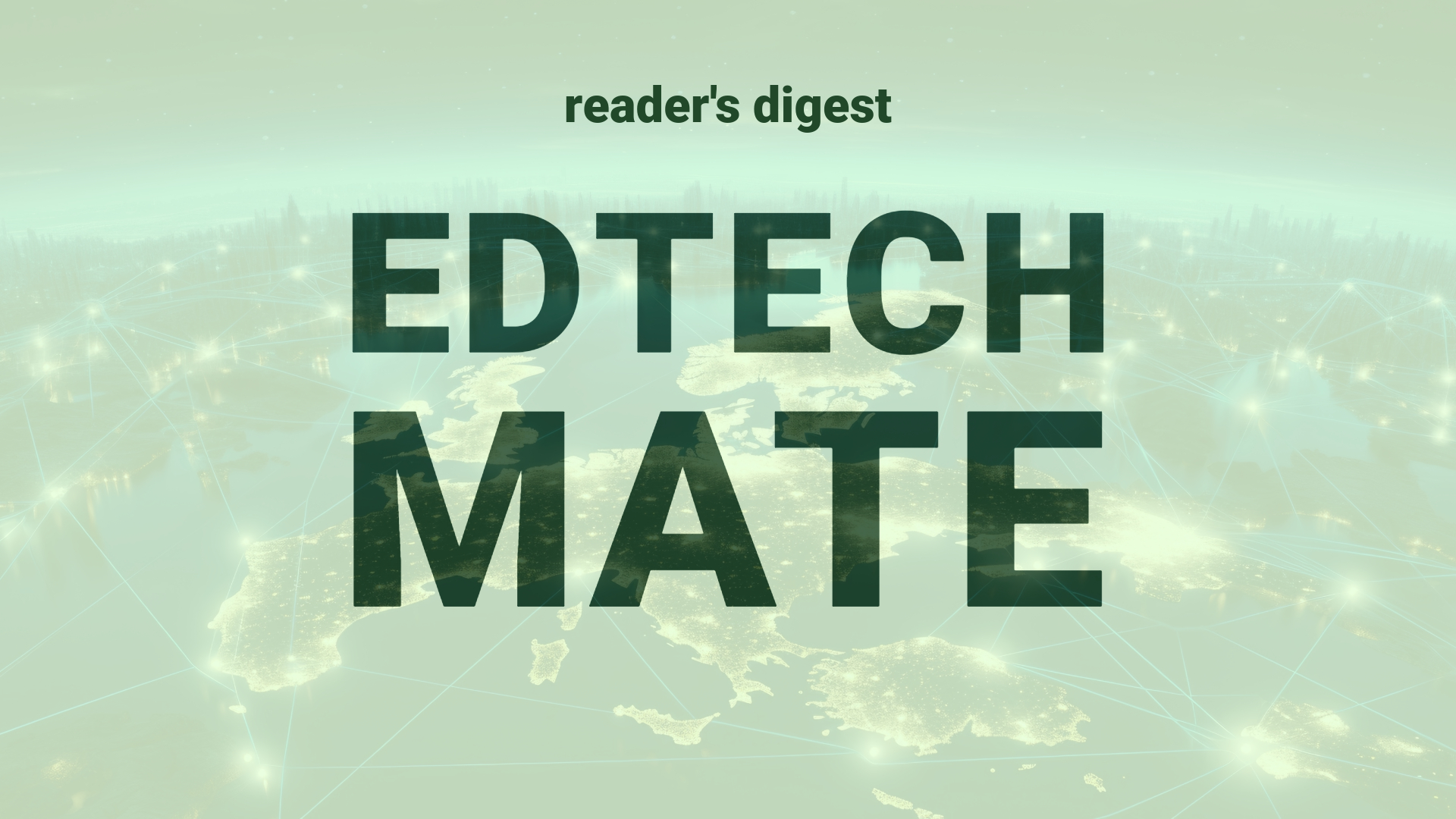“`html
Executive Summary and Main Points
The Responsible AI Institute (RAI) has introduced a new AI policy template to aid enterprises in establishing responsible artificial intelligence (AI) guidelines. This template is described as “industry-agnostic” and provides a starting point for organizations to align policies with business needs and potential risks. It incorporates guidance from the NIST AI Risk Management Framework (RMF) and ISO/IEC 42001, intending to address the slow adoption of responsible AI frameworks compared to the rapid pace of AI innovation. Studies show that a significant number of organizations lack comprehensive, organization-wide responsible AI approaches, with only a minority actively developing ethical AI policies.
Potential Impact in the Education Sector
The launch of RAI’s AI policy template could significantly impact Further Education and Higher Education institutions, both of which are increasingly utilizing AI tools. These establishments can utilize the template to develop policies that ensure ethical use of AI, mitigate risks, and uphold data management standards. Moreover, the proliferation of Micro-credentials, which often rely on digital badges and AI-driven recommendation systems, could benefit from standardized AI governance to maintain credibility and quality. Strategic partnerships, such as those between education providers and tech companies, would be bolstered by a shared framework for responsible AI practices enabled by templates like RAI’s.
Potential Applicability in the Education Sector
RAI’s AI policy template can be applied innovatively within the global education sector by providing a structured approach to integrate AI responsibly. Applications could include personalized learning algorithms, AI-driven enrollment and career counseling systems, or research data analysis tools, ensuring they operate within ethical boundaries and comply with privacy norms. Digital transformation initiatives could be augmented with clear policy directions, fostering a culture of trust and accountability around AI applications in education.
Criticism and Potential Shortfalls
Although RAI’s template is a progressive step towards responsible AI, there may be criticism regarding the one-size-fits-all nature of such templates. Different educational institutions have varied needs, resources, and cultures, which might not be fully accommodated by a standard template. Additionally, the international case studies might expose disparities in AI policy adoption rates and ethical considerations based on socioeconomic factors. Ethical and cultural implications in diverse educational contexts require careful navigation beyond templated guidelines to ensure fair and equitable AI utilization across global higher education.
Actionable Recommendations
For educational leaders intent on integrating new technologies, beginning with a member-driven, customizable AI policy template like RAI’s is recommended. Engaging with templates should be seen as a dynamic process, where educational institutions not only adapt the template to fit their specific context but also contribute to its evolution. Leaders should establish multidisciplinary committees inclusive of ethicists, educators, technologists, and students to tailor AI policies to their institution’s mission. Ongoing training for staff on AI ethics and collaborative engagements with AI governance organizations can further solidify responsible AI practices in the education sector.
“`
Source article: https://www.cio.com/article/2138843/responsible-ai-institute-offers-new-ai-policy-template.html

